From the first two parts of the “Better Normal for Plastics” series, plastic pollution was introduced and this problem traced back to its root cause of excessive production and usage of single-use plastics. With this, the solution of alternative delivery systems—the reuse and refill model in particular—was analyzed. Its costs and benefits to the producers and consumers were delved into. In this last part of the series, costs and benefits of reuse and refill system will also be analyzed, through the lens of individuals with enterprises adopting this system.
Existing stores applying the reuse and refill model worldwide have proven that it is a success. Ms. Catherine Conway, the founder of Unpackaged in London, said that selling in reusable packaging is proving to be a success and has an average of 60% return rate[1]. Here in the Philippines, there are individuals who also started their own sustainable businesses with this reuse and refill system. These stores either sell products in bulk, in sustainable packaging, or through refills wherein consumers are encouraged to bring their own containers. These individuals not only help the environment through their way of doing business, but some of them also help local communities and farmers. Got Heart Shop, for example, sells local all-natural and organic food and non-food products. They focus on helping indigenous people communities and their small business partners from different areas of the Philippines[2].
Moreover, the reuse and refill system leads to reduction of single-use plastics usage, which is quite similar to the effect of banning single-use plastics. This will lead to reduced costs for sellers, as in Indonesia, where a market vendor stated that they were able to reduce their expenses and save RP300,000 to 400,000 a month, which was the estimated cost of plastic bags for customers[3]. Market vendors were able to save money because of the program by the Indonesia Plastic Bag Diet Movement which was in partnership with Jakarta City Government. Similar to the reuse and refill system, their movement focuses on policy change to reduce single-use plastics at the source[4].
Going Back to Basics
Going back to the Philippines, there are many reuse and refill stores selling a variety of products ranging from food essentials to personal care products to cleaning products. One of these stores is Back to Basics Ecostore where I got the opportunity to interview one of the co-founders, Ms. Kate Galido. She has worked for NGOs for the past 23 years and is an advocate for waste management and reduction of plastics. She also practices a zero-waste lifestyle, and found that it is indeed achievable. For her, the tingi culture has been embedded in the lives of the Filipinos in the past, when bringing your own container when buying at sari-sari stores was practiced.
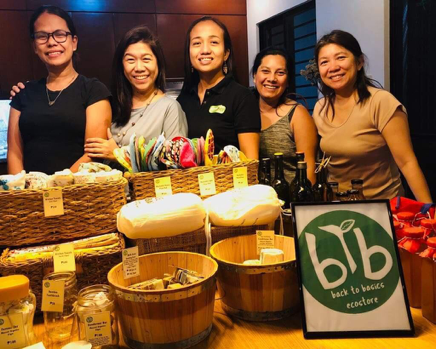
Back in early 2019, the founders conducted initial feasibility studies on reuse and refill businesses. From this, they found out that many households have increasing awareness and are interested in switching to zero waste. However, they saw that one of the problems is convenience, so they decided to bring the products to consumers and have a mobile store while building capacity. Then they were able to put up their own sustainable store. The store focused on essentials and cleaning products and they wanted it to be zero-waste, affordable, and of quality.
Besides conducting their study on reuse and refill, they also looked for suppliers. These suppliers should also be eco-friendly and Back to Basics was able to influence them. They also managed to partner with couriers that allowed them to deliver the products without using any plastic. For Ms. Kate, it is really about finding like-minded people who are willing to accommodate their zero waste practices.
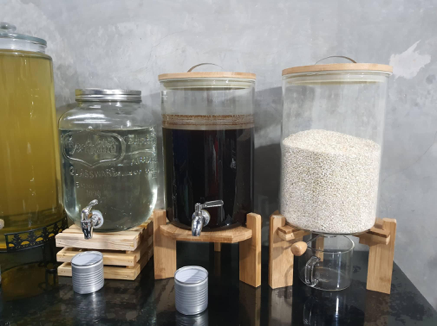
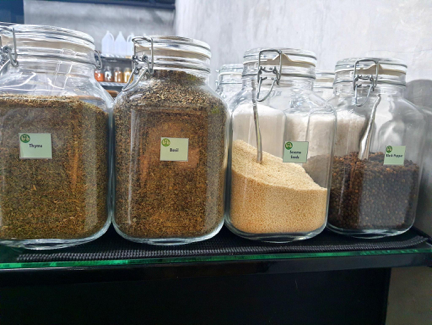
When asked about the benefits brought by the reuse and refill stores, Ms. Kate first stated that customers are happy that they could reuse their containers and eliminate plastics in the household. Secondly, consumers are able to benefit from the affordable price of their products without sacrificing the quality of it, since Back to Basics makes sure that their products are of quality, organic, and chemical-free. Thirdly, in terms of environmental benefits, zero waste stores are low carbon solutions, and they help in protecting the marine and coastal resources which in effect, benefits the livelihoods of fisherfolks. Lastly, almost all of their partner suppliers are local companies and through this, they are supporting the local economy, which is helpful especially during this time of pandemic.
Surprisingly, when asked about the costs of the alternative delivery systems, the answers came back to benefits. Ms. Kate emphasized that one of the advantages of having a reuse and refill store is you can start at a low cost while studying the supply chain. The reason is because there is no need to pay for the cost of the product packaging. They were able to save with other materials as they looked for alternatives like reused box for labels and delivery of the products. They also utilized repurposed wine bottles, which are used as containers and sterilized to ensure their cleanliness and safety. What’s more is they’ve been continuously expanding for the past 2 years. Truly, there is a big potential with zero waste stores.
Progressing towards Plastic-Free Pilipinas
All over the country, there are initiatives utilizing the reuse and refill system, as shown by the Plastic Free Pilipinas project in Mindanao under the EcoWaste Coalition. With this, I got the chance to talk to Ms. Jill Banta, the Mindanao Coordinator for Plastic Free Pilipinas. One of their campaigns is Go for Zero Waste Davao wherein they work with communities to help them adopt the Zero Waste lifestyle and one of the communities they work with is in Purok Onse in Brgy. Tacunan, Davao City. Their Zero Waste journey started last October 2020, but they have had attempts to build this practice even before.
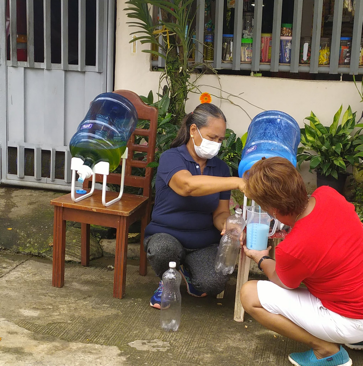
For Ms. Jill,the benefits of using reuse and refill system include cheaper prices when buying and selling the products. This is because the cost of packaging is not included in the price, since consumers must use their own containers for the products. Furthermore, consumers and producers could also save because the community’s products – laundry detergent, fabric conditioner, and dishwashing liquid, are sourced from local suppliers and can be bought in bulk, which is cost efficient. Lastly, people also get to contribute in saving the environment through the reduction of plastic wastes.
There will always be two sides of every story, and with the reuse and refill system, challenges are still inevitable. Ms. Jill shared some challenges: Firstly, with the products and big names currently advertised, it might be difficult to compete with them; therefore, products in reuse and refill systems must be marketed and promoted. Secondly, there are perishable products which need more research on how to dispense them safely and effectively.
This tells us that highlighting and educating the consumers of the benefits brought by this system is important. And Finally, convincing potential consumers about the good quality of the product is a must as well as investing for it to compete with the known brands. At the end of the day, this system is still profitable because the products can be bought cheaper and sellers could still increase their markup without making it expensive.
There are already a growing number of environmentally sustainable stores. Most of them operate with their advocacy for the people and the environment. We hope that big companies could also adapt this system and mindset to shift to sustainable practices for a better future with less waste and plastics.
Back to Basics Facebook link: https://www.facebook.com/BTBEcostore/
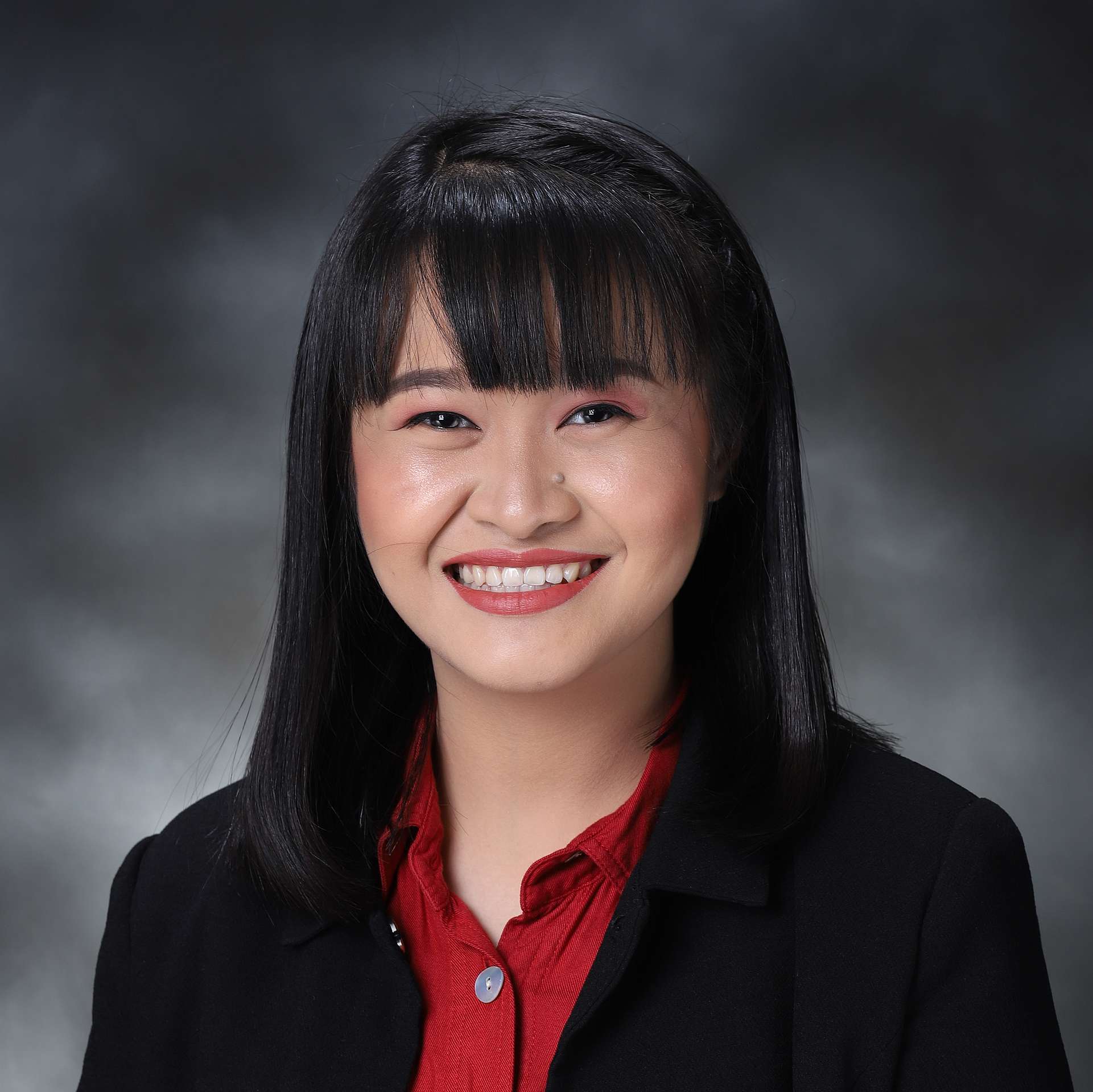
About the author:
Vien Blanch Gaton is a fourth year student under the Business Economics major from the University of Santo Tomas. She is also currently an intern from the Plastics Campaign team.
Notes to editors:
[1] Kiernan, Steven. 2007. “Refill and Reuse to Reduce Costs.” Packaging News. September 1, 2007. https://www.packagingnews.co.uk/news/environment/refill-and-reuse-to-reduce-costs-01-09-2007
[2] Gopez, Janis Ian. 2020. “Three Zero-Waste Shops You Should Check Out in the Philippines — The Plastic Flamingo.” The Plastic Flamingo. The Plastic Flamingo. August 12, 2020. https://www.theplaf.com/plasticblogs/2020/8/12/three-zero-waste-shops-you-should-check-out-in-the-philippines
[3] Rahmawaty, Laily. 2020. “Pedagang Pasar Tebet Barat Rasakan Manfaat Larangan Kantong Plastik – ANTARA News.” Edited by Sri Muryono. Antara News. ANTARA. July 20, 2020. https://www.antaranews.com/berita/1620738/pedagang-pasar-tebet-barat-rasakan-manfaat-larangan-kantong-plastik
[4] The World Bank. 2020. “Meet Our Innovator Protecting Our Oceans in Indonesia: Tiza Mafira.” World Bank. June 2, 2020. https://www.worldbank.org/en/news/feature/2020/06/02/meet-our-innovator-protecting-our-oceans-in-indonesia-tiza-mafira
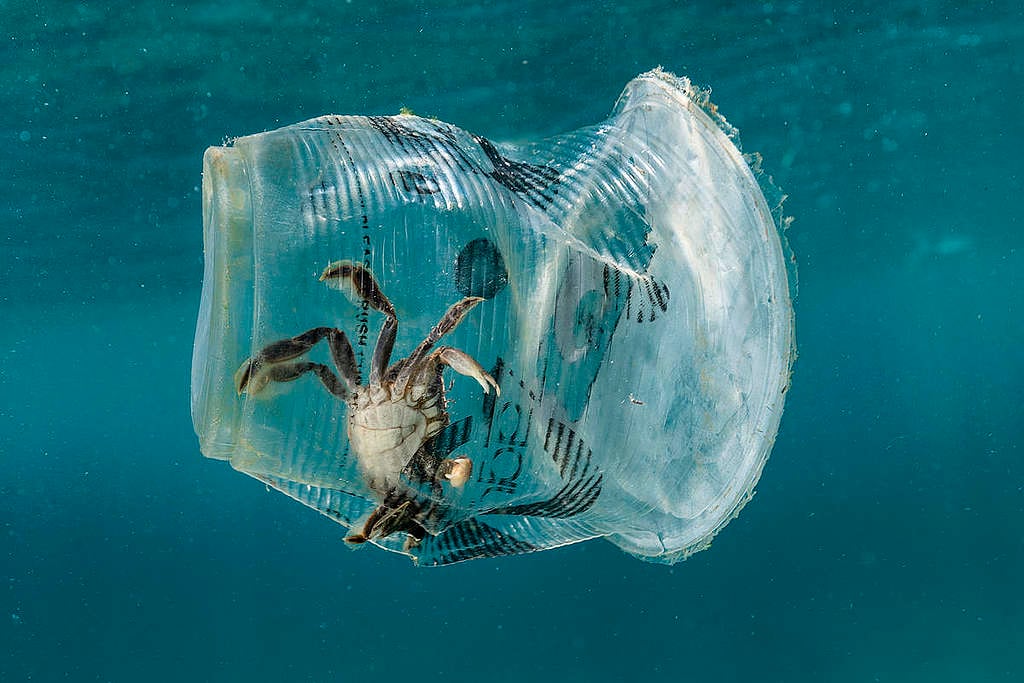
Our coastlines are among the most impacted by plastic pollution in the world. Be part of the solutions!
